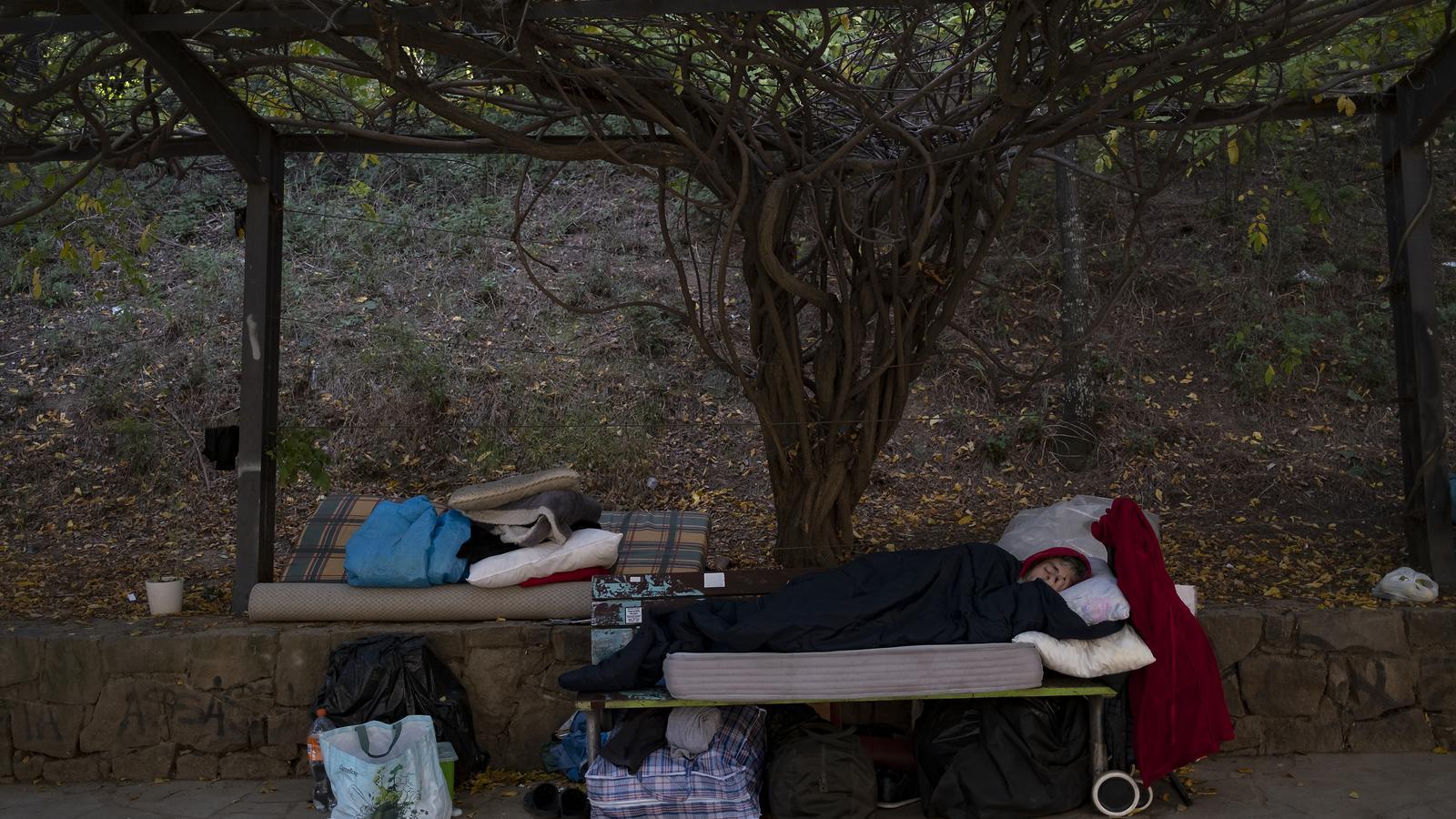The social impact of the pandemic


Gradually we are getting more information about the real impact the pandemic is having on our society and societies around the world. A report by Intermón Oxfam quantifies a reality that is frankly worrying: in Catalonia the number of people in a situation of relative poverty, that is, living on less than €24 a day, has grown by 120,000 since the beginning of the pandemic, a 11.7% rise. In Spain this figure reaches one million people, and worldwide, 200 million. The study attests what was already suspected: that the pandemic is attacking those sectors that were already vulnerable before the outbreak of the crisis, because they are the ones who do the jobs that have been most affected and have less possibilities of teleworking.
Thus, unlike the 2008-2012 crisis, when the credit crunch affected practically the entire productive fabric because businesses' financing was cut off, the shock caused by the pandemic is much more unequal, punishing the service sector and small businesses in particular. Moreover, unlike then, this time the furlough scheme is preventing more than 700,000 people around Spain from falling into poverty. Obviously, in countries that cannot count on this public support the situation is much worse. On the other hand, the NGO points out that the thousand biggest fortunes of the planet have already recovered from the shock of the pandemic.
The report is interesting because it points out that recovery policies must also aim to combat inequality because, in line with what economists such as Thomas Piketty advocate, a very unequal country also ends up being economically more fragile and inefficient. In the case of Catalonia, the percentage of the population living in relative poverty has risen from 13.5% to 15% (in Spain this figure rises to 22.9%), in other words, 1,146,000 people. The rise has been even more pronounced in territories that are completely dependent on tourism, such as the Balearic Islands, where the percentage of poor people has grown by 20%, though only recently they enjoyed an enviable economic situation.
The impact, therefore, is uneven both between territories and economic structures, and within each society depending on the sector in which one works. That is why reconstruction policies must also take this variable into account so as not to deepen the wound even further. This means that, as Professor Mas-Colell states, in a country like Catalonia, the visitor industry (a concept that he prefers to "tourism" because it goes beyond and includes congresses, cultural events, etc.) because of its capacity to create jobs, cannot be ignored, while digitalization and green energy should also be promoted.
The aim is to get out of the crisis stronger, with a healthier, modern and diversified economy, but also with a less unequal society, and this is achieved, for example, with quality, less precarious and better paid jobs. European funds must be used to move in this direction.
